#Bourke B. Hickenlooper
Text
Iowa Governor DILFs

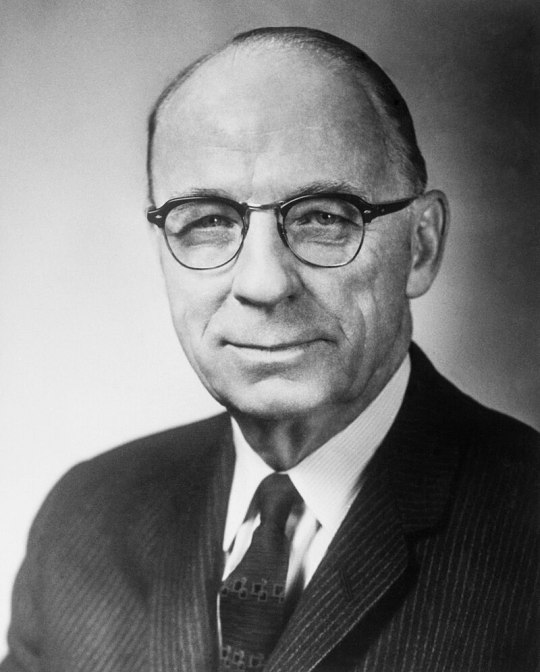
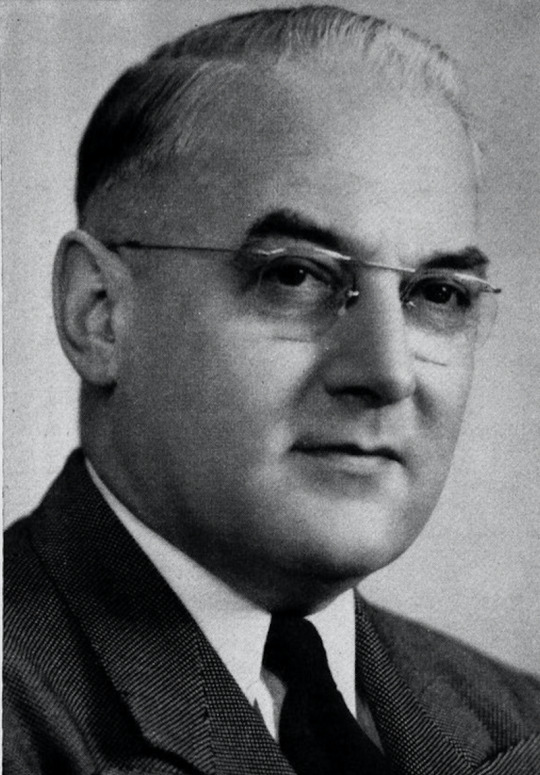
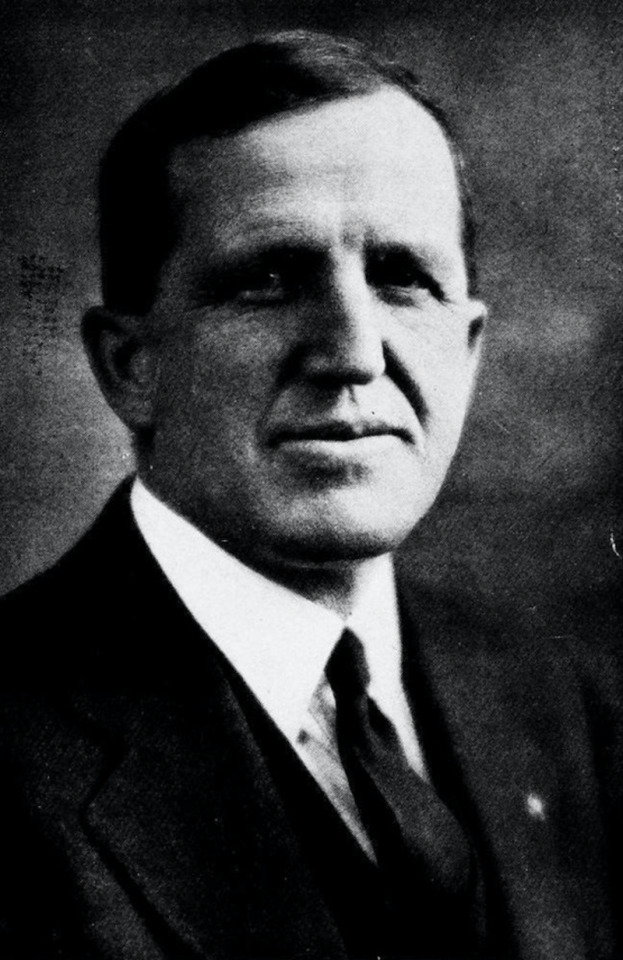


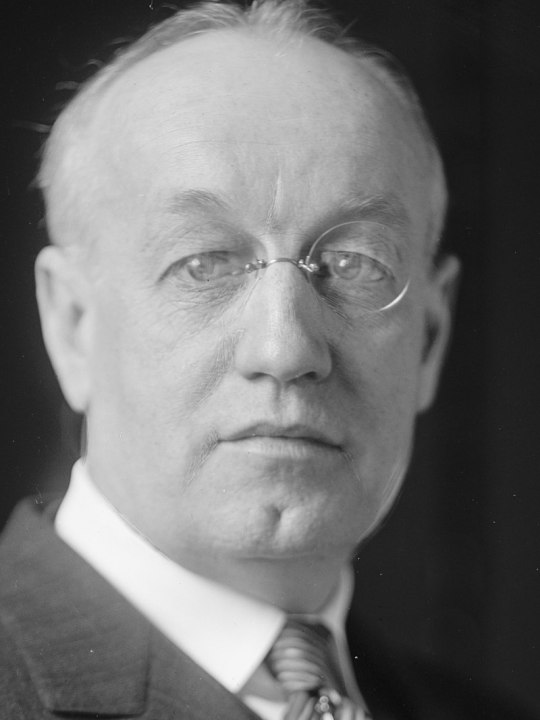
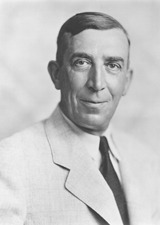

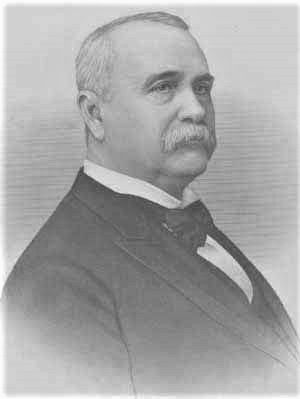
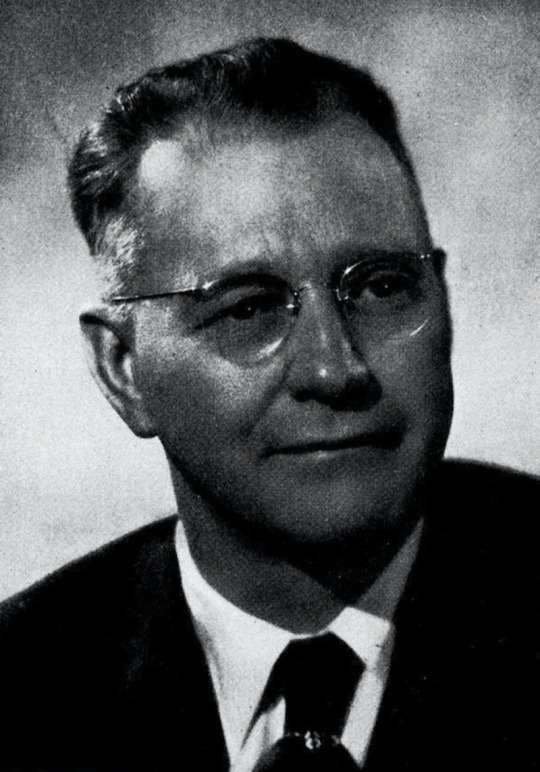

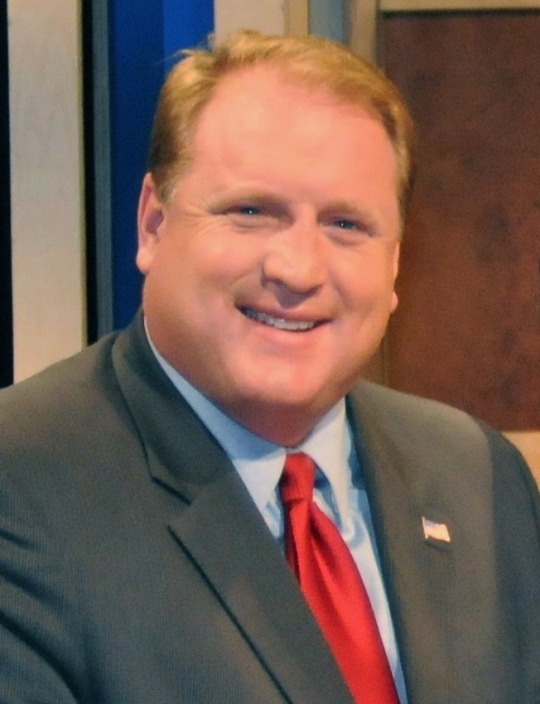
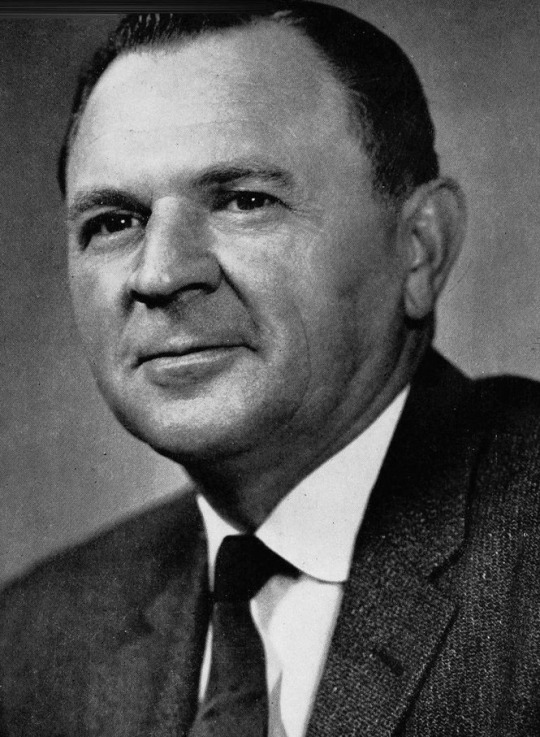
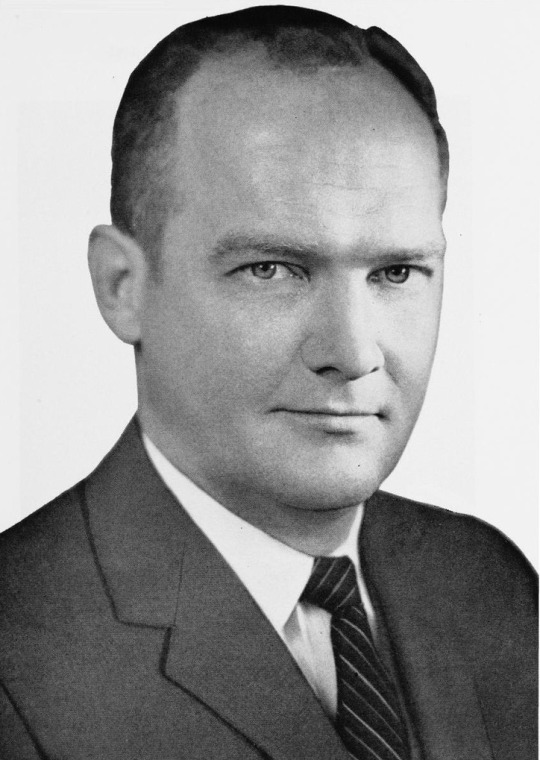

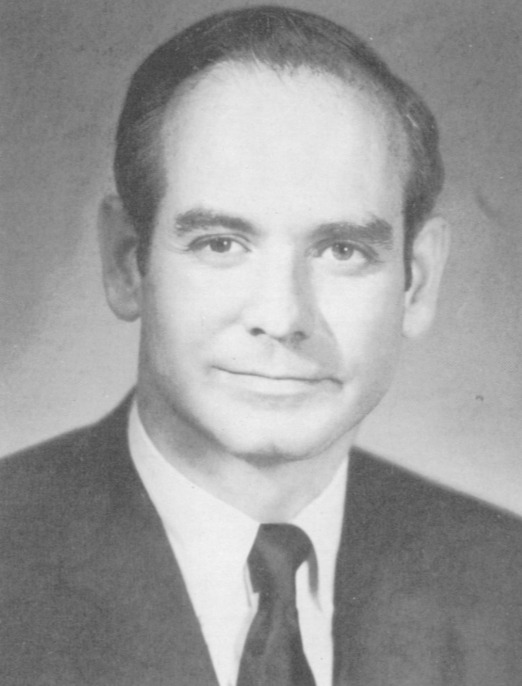

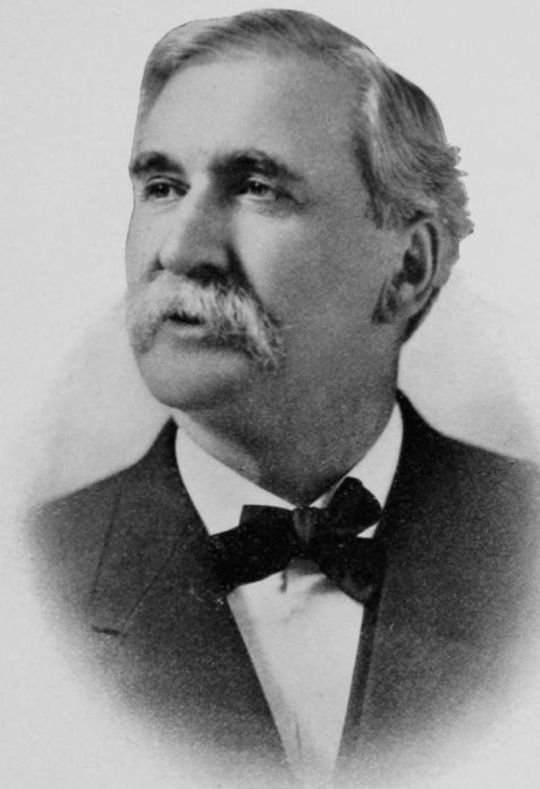
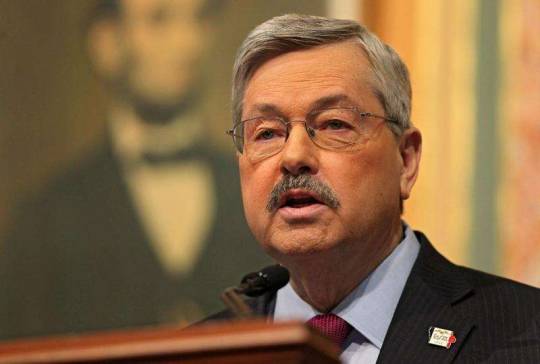
Belated Governor DILF entry that I started doing on the day of the caucus.
#Tom Vilsack#Bourke B. Hickenlooper#Beryl F. Carroll#L.M. Shaw#Clyde L. Herring#Dan W. Turner#George A. Wilson#Francis M. Drake#William S. Beardsley#Chet Culver#Harold Hughes#Horace Boies#Herschel C. Loveless#Leo Elthon#Leo Hoegh#Norman A. Erbe#Robert D. Blue#Robert D. Ray#Terry Branstad#Warren Garst#GovernorDILFs
14 notes
·
View notes
Text
VIETNAM REPORT FINDS G.O.P. SPLIT
E.W. Kenworthy, The New York Times, 2 May 1967
WASHINGTON, May 2 — Senate Republicans split sharply today on whether their party should begin to dissociate itself from Administration policy in Vietnam in preparation for next year’s Presidential election.
The divergences of views on Vietnam among Senate Republicans have been almost as wide as those among Senate Democrats. But they have never been put on public view as openly as they were today after a staff study by the Senate Republican Policy Committee was released yesterday.
The study, which was mostly a review of events and policy in Vietnam since World War II, asked whether “Democratic mistakes arc Republican responsibilities,” and whether polities should stop at the water’s edge on an issue so great as involvement in an Asian land war?
This morning, George D. Aiken of Vermont, dean of Senate Republicans and second-ranking Republican on the Foreign Relations Committee, issued the text of a speech asserting he had become convinced “that the present Administration cannot achieve an honorable peace in Vietnam.”
Cites Johnson’s Goal
Air. Aiken said he knew the President wanted “to bring this conflict to an honorable end.”
“But,” he went on, “the President predicates peace on the capitulation of the enemy and that solution seems far in the distance, if at all.”
The Administration, Mr. Aiken asserted, has become so bound by “its own predilections’* and “emotional commitments” that it cannot “see the interest of the nation exceptj in terms of its own survival |as the government in power.’’
Therefore. Air. Aiken said, potential Republican candidates for the Presidency, who do not have the information available to Mr. Johnson, should take the position simply that the Republican party, if victorious, would give “a new look at United States policy in Asia.” Then, immediately after a luncheon of the Republican Policy Committee, which includes all Republican Senators, Everett McKinley Dirksen, the minority leader, read to newsmen a statement he had read to his colleagues.
Mr. Dirksen took issue with what he called the “astonishing” interpretation of some commentators on the staff report yesterday.
He said the report “makes no suggestion that (1) we modify our support of the President, (2) that we increase or diminish our troop strength, (3) that we escalate or de-escalate the conduct of the war, (4) that we retreat or withdraw (5), that we disavow our obligations under the SEATO treaty (6), that we pressure Vietnam into a course of action which it might be reluctant to take.”
“Preserving wholly the right of full and fair inquiry and criticism, we reiterate our wholehearted support of the Commander in Chief of our armed forces,” Mr. Dirksen said. “We reaffirm our position standing four-square behind him and our field, air and sea commanders in Southeast Asia.” Asked if the report should be interpreted as dissociation from Administration policy, Mr. Dirksen said, “Not for a minute.” The “hard, inescapable fact,” he said, which the report “does not dispute or ignore,” is that “we are in Vietnam, 400,000 strong, and that our peace efforts through many approaches, in the utmost good faith, have proved abortive.” Pressed repeatedly to say if he agreed with Senator Aiken that the Administration could not achieve an honorable peace, Mr. Dirksen at first evaded a direct answer.
“I don’t know,” he said. “I have nothing on which to predicate an opinion whether they can or they can’t.”
But when asked if it made a difference whether a Democratic or Republican President was in office at the time oi negotiations, he said:
“It does make a difference— in our favor.”
But he stressed that “we will prosecute the war effort with all possible vigor.”
Mr. Dirksen said no action was taken on his statement at I the meeting, but that he thought it represented a “consensus,” He predicted it would form the essence of a statement to be issued by himself and the House Republican leader, Gerald R. Ford, after their next meeting.
Senator Bourke B. Hickenlooper of Iowa, chairman of the policy committee, agreed with Mr. Dirksen that the staff study was simply a statement of facts and not intended to be a policy paper, or lead to a shift in Republican support of the President.
Senator Mark O. Hatfield, Republican of Oregon, said he agreed with Mr. Aiken that “this Administration does not have the capacity to conduct negotiations.”
Senator Thruston B. Morton, Republican of Kentucky, was unhappy that the report had been released before it was discussed at a party caucus.
“This report has pretty much put us on the spot,” he said.
Asked if he meant the party was embarrassed by it, he said: “No, no, it doesn’t embarrass us. But it forces us to come up with a better answer on Vietnam.”
Republican Senators Jacob K. Javits of New York, Hugh Scott of Pennsylvania and Charles H. Percy of Illinois issued a statement saying they supported the commitment to preserve the independence of South Vietnam, but wanted to avoid a widening of the war that could lead to Communist Chinese intervention.
0 notes